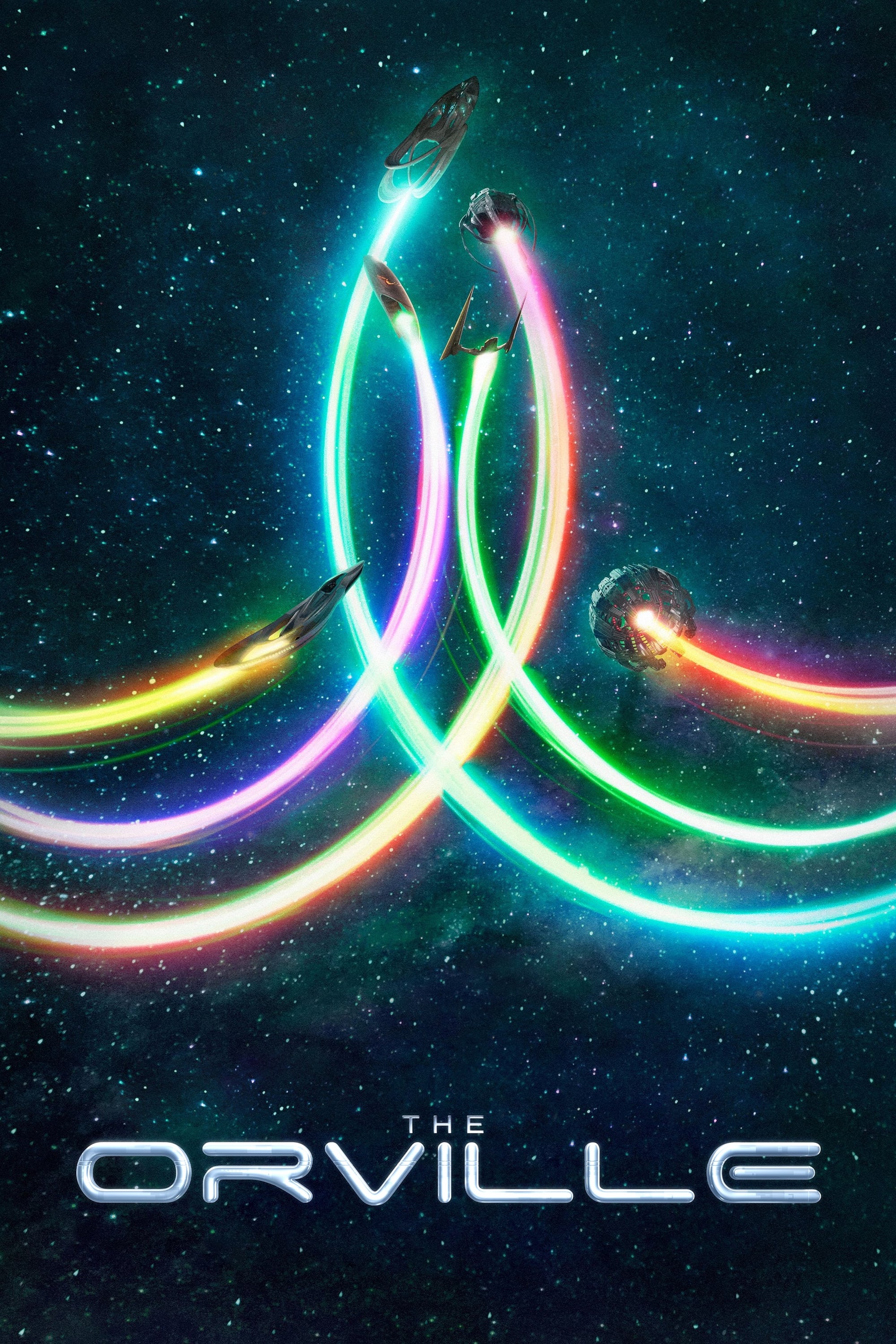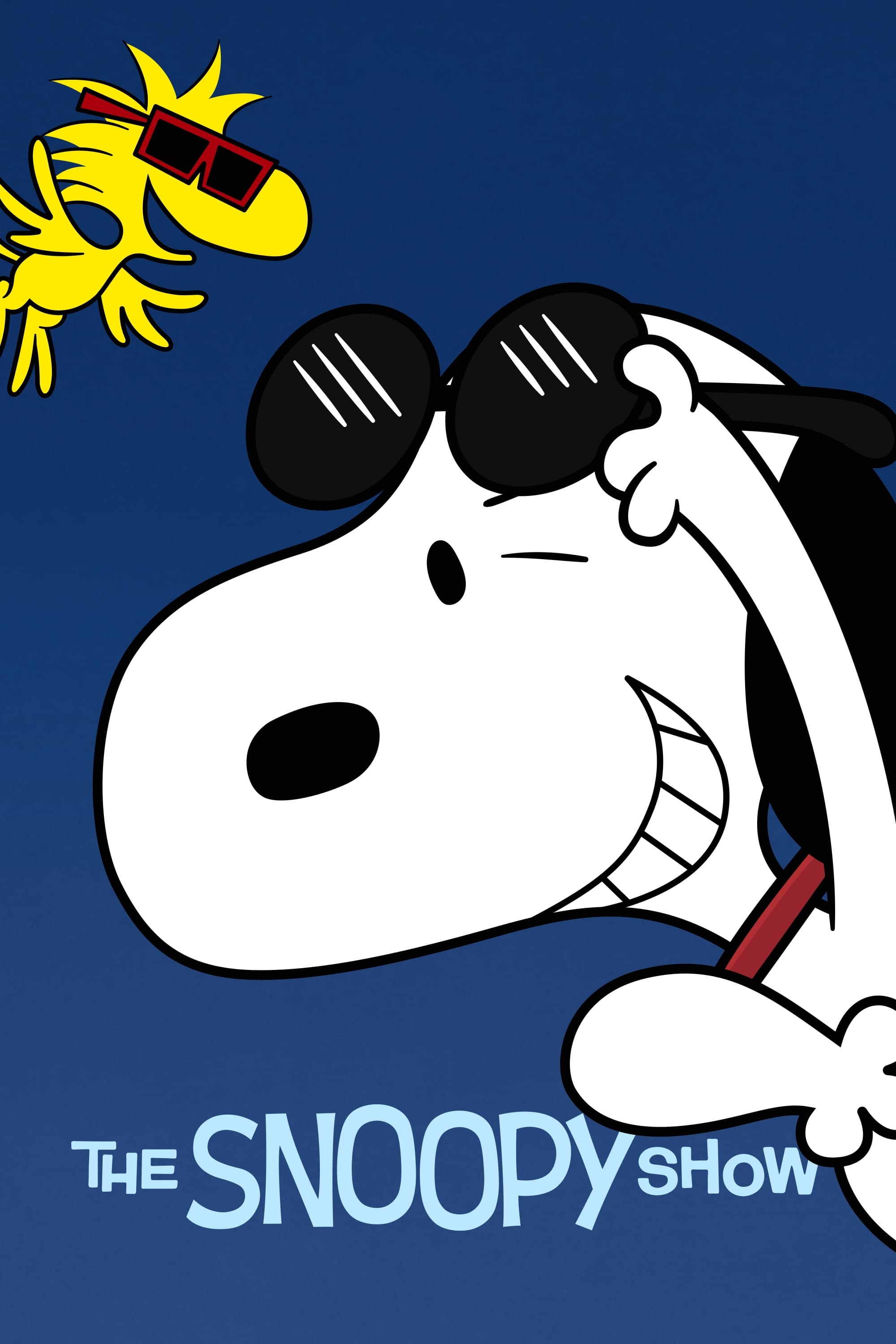
Éric Heidsieck – Beethoven: Sonates pour piano Nos. 23 “Appassionata”, 26 “Les Adieux” & 29 “Hammerklavier” (1961/2020)
FLAC (tracks) 24 bit/192 kHz | Time – 01:20:45 minutes | 2,22 GB | Genre: Classical
Studio Masters, Official Digital Download | Front Cover | © Warner Classics
Éric Heidsieck, gave his first recital at the age of 9 in Reims and his first concert with orchestra a year later. In 1954, he finished the class of Marcel Ciampi in the first place; then took his first lessons with Alfred Cortot at l’Ecole Normale de Musique de Paris. Parallel to that, he attended the courses of Wilhelm Kempff on L.v. Beethoven in Positano.
In 1959, Éric Heidsieck obtained the Grand Prix du Disque for his recording of Concertos Nos. 21 and 24 of Mozart (EMI). The following year, he created a duet with his wife Tania, which would shine on the stages of the whole world. In 1969, he was the first French pianist of the 20th century to perform, by heart in public, the 32 Piano Sonatas of L.v. Beethoven, which he recorded for EMI between 1970 and 1974. He renewed this challenge ten years later in 1997. In 1974, he recorded the 16 Suites of Händel for Cassiopée. A few years later, he obtained his second Grand Prix du Disque for the 13 Barcaroles of Gabriel Fauré (Cassiopée). In 1981, he performed the integral 10 Sonatas for piano and violin of L.v. Beethoven with Annie Jordy, professor at Schola Cantorum. He has played on the most important world stages, and recorded a hundred discs. Since the beginning of his career, he has given gave more than 2,000 concerts all over the world.
Éric Heidsieck is also a composer. Since 1980 he has composed several cycles of mélodies for voice and piano (Amare Doloris Amor, Maurice Courant, 1996 and Destins, Hervé Roy 1996, Les Quatre Eléments, Maurice Courant, 2001), as well as a paraphrase on the theme of the Marseillaise entitled “Hommage à Rouget des Lisle” and introduced in the form of 23 variations. At the manner of…. The 5th Concerto of Beethoven (The Emperor) appeared at Integral Production in September 2004 with the Leon-Barzin Orchestra, under the direction of Jean-Jacques Werner, professor at Schola Cantorum.
From 1980 to 1998, Éric Heidsieck was a professor at the Conservatoire National Supérieur de Musique (CNSM) of Lyon. During this period he wrote an essay on the differentiation of the musical signs in the romantic music which will clarify one day new the concept of interpretation. Since 2004, he teaches at Schola Cantorum. He has taken part in the jury of the most prestigious piano competitions, and has given master-classes specifically on L.v. Beethoven in four continents of the world.
Tracklist:
1. Éric Heidsieck – Beethoven: Piano Sonata No. 23 in F Minor Op. 57 “Appassionata”: I. Allegro assai (09:47)
2. Éric Heidsieck – Beethoven: Piano Sonata No. 23 in F Minor Op. 57 “Appassionata”: II. Andante con moto (06:33)
3. Éric Heidsieck – Beethoven: Piano Sonata No. 23 in F Minor Op. 57 “Appassionata”: III. Allegro ma non troppo – Presto (05:37)
4. Éric Heidsieck – Beethoven: Piano Sonata No. 26 in E-Flat Major, Op. 81a “Les Adieux”: I. Das Lebewohl. Adagio – Allegro (07:09)
5. Éric Heidsieck – Beethoven: Piano Sonata No. 26 in E-Flat Major, Op. 81a “Les Adieux”: II. Abwesenheit. Andante espressivo (03:53)
6. Éric Heidsieck – Beethoven: Piano Sonata No. 26 in E-Flat Major, Op. 81a “Les Adieux”: III. Das Wiedersehen. Vivacissimamente (05:59)
7. Éric Heidsieck – Beethoven: Piano Sonata No. 29 in B-Flat Major, Op. 106 “Hammerklavier”: I. Allegro (10:57)
8. Éric Heidsieck – Beethoven: Piano Sonata No. 29 in B-Flat Major, Op. 106 “Hammerklavier”: II. Scherzo. Assai vivace (02:35)
9. Éric Heidsieck – Beethoven: Piano Sonata No. 29 in B-Flat Major, Op. 106 “Hammerklavier”: III. Adagio sostenuto, appassionato e con molto sentimento (15:54)
10. Éric Heidsieck – Beethoven: Piano Sonata No. 29 in B-Flat Major, Op. 106 “Hammerklavier”: IV. Introduzione. Largo – Fuga. Allegro risoluto (12:17)
Download:
https://xubster.com/6c3scc7f2v7s/ricHeidsieckBeeth0venS0natesp0urpian0N0s.23Appassi0nata26LesAdieux29Hammerklavi1961202024192.part2.rar.html
https://xubster.com/tb2izaxejyb9/ricHeidsieckBeeth0venS0natesp0urpian0N0s.23Appassi0nata26LesAdieux29Hammerklavi1961202024192.part3.rar.html
https://hexload.com/uj2377862o1r/ricHeidsieckBeeth0venS0natesp0urpian0N0s.23Appassi0nata26LesAdieux29Hammerklavi1961202024192.part1.rar
https://hexload.com/dpupkzlnz0pm/ricHeidsieckBeeth0venS0natesp0urpian0N0s.23Appassi0nata26LesAdieux29Hammerklavi1961202024192.part2.rar
https://hexload.com/0goz2xoicftb/ricHeidsieckBeeth0venS0natesp0urpian0N0s.23Appassi0nata26LesAdieux29Hammerklavi1961202024192.part3.rar


























![Eric Heidsieck – Hindemith: Sonates pour piano Nos. 1, 2 & 3 (1990/2021) [Official Digital Download 24bit/192kHz]](https://imghd.xyz/images/2023/01/17/agap9a3wzz4fa_600.jpg)
![Eric Heidsieck – Mozart: Sonata in D Major for Two Pianos, K. 448 (2022) [Official Digital Download 24bit/96kHz]](https://imghd.xyz/images/2022/04/21/r7yxh5urdp3ka_600.jpg)
![Eric Heidsieck – Beethoven: Piano Sonata No. 29, Op. 106 “Hammerklavier” (2022) [Official Digital Download 24bit/192kHz]](https://imghd.xyz/images/2022/07/28/nifcxq3lz4dsb_600.jpg)